Why Use Retinol In Your Simple Skincare Routine?
If there is one ingredient that has gained popularity in recent years for anti-aging, it is Retinol.
Retinol is an ingredient that comes from retinoids, both of which are made from vitamin A.
Women have started valuing retinol benefits for their youthful appearance. This has already made Retinol popular in the market due to the increased usage of retinol serum.
Let's dive deeper to get a deeper understanding of how this wonderful ingredient functions as an essential nutrient for skin care and how it has gained so much popularity in recent years.
What is Retinol for skin?
Retinol is the most popular form of retinoid that is used in skincare.
Retinoid is an umbrella term used for many derivatives of vitamin A. Vit A has three oxidation states: Retinol, Retinal, and Retinoic acid.
Retinoids in the form of Retinol are natural or synthetic compounds that give structural and functional benefits similar to vitamin A.
How vitamin A helps in skin care?
As we all know, the body does not synthesize Vitamin A but is involved in many biological activities. Thus it needs to be supplied from outside to the body.
Because our bodies can't produce it, getting vitamin A from outside sources. Thus supplying in broken forms is the only way to keep all our skin cells healthy, safe, and functioning longer.
What does Retinol do?
Retinol is the foundational compound in skin care used almost like a necessary staple that works on roots to solve various skincare problems. It helps in fundamental activities such as
- Facilitating Cell binding
- Promoting Cell growth
- Creating skin's building blocks
- Neutralizing activity of free radicals
How does Retinol work?
Retinol works to maintain overall skin health by providing suitable pH conditions to fight acne conditions while fighting free radicals to prevent damage to fine lines and wrinkles. It does this by regulating-
- Cell turnover
- Effective exfoliation
- Evening discoloration
- Control oiling activities
- Pores unclogging
Which Retinol product should I Use?

Retinol may be found in the form of gels, retinol creams, and lotions. These retinol products contain Retinol in lower concentrations, making them ideal for sensitive skin.
However, Encapsulated Retinol is known to be the favorite of all, as it can be used for all types of skin and is present in the safest form.
How encapsulated Retinol benefit?
Encapsulation of Retinol is a modification where the ingredient comes with a protective coating. This encapsulated coating serves as a carrier system for the active ingredient to work slowly over time.

If you think you do not have sensitive skin, encapsulated Retinol can be the best option for you. We recommend using Uniqaya retinol serum which allows it to absorb better into the skin by penetrating the deeper layers. It provides the goodness of this ingredient and makes it easier and more effective on your skin.
What are the risks of changing Retinol concentrations?

Retinoids and Retinol are responsible for healing acne problems and severe skin conditions. Hence, they are often used in different concentrations, which are advised depending on the care and treatment needed by different conditions.
Retinoic acid has proven to be approx 20 times more powerful than Retinol. This only works for people who are looking to treat their severe skin conditions. Thus, these products of retinoic acids are only sold strictly on a prescription basis.
Not all concentrations suit all individuals, as people have different skin tolerance. It can worsen their skin conditions if they aren't prescribed by skin experts.
However, Retinol or retinol serum is recommended on a broad basis. Having appropriate and tolerable concentration works well to treat common problems like skin aging and acne formation.
Can Retinol burn?
It may cause mild tingling or burning sensations as it works deeply in transforming the structure of your skin.
Why and How does it burn?
Since Retinol's main function is in cell proliferation and differentiation, it influences gene expression of cells, particularly epithelial cells, which works in skin rejuvenation.
Therefore, rapid cell turnover changes the underlying structure of the skin. This helps to catalyze the transformation process, resulting in a burning sensation resulting in improving skin texture, fine wrinkles, depigmentation, and dryness.
How to treat Retinol burn?
If using retinol burns or irritates your skin, it's best to start slow. Hence, it is recommended to use encapsulated Retinol.
Its micro dose formula is always effective since it uses an appropriate amount, resulting in less activity rather than releasing it all at once. This makes it more mild and effective on the skin. Thus, keeping Retinol in a stable state can help prevent retinol burn.
How to use Retinol safely?
Since Retinol is a powerful tool yet sensitive to the skin, it should be used safely by releasing it slowly in small percentages.
Concerning the skin type, it is recommended to start with 0.5 percent and gradually raise it by 3%. Thus, encapsulated retinol is suggested as it penetrates deeper into the skin layer. It works to enhance and mend the skin from the inside out. allowing it to act gently without creating redness on the skin.

Our Anti-aging Encapsulated 1% Retinol Serum, which contains complementary ingredients such as Aloe Vera, Cucumber Extract, Kakadu Plum, and Pearl Algae, is also the safest form of Retinol. Because it is encapsulated, it can maximize its benefits while minimizing its side effects, such as redness, dryness, and skin irritation.
More Importantly, Using retinol products must be avoided in the sun. Because it's a strong and active ingredient, it may make your skin more sensitive to UV rays and reduce Retinol's effectiveness. Hence, It is advised to apply Retinol only at night.



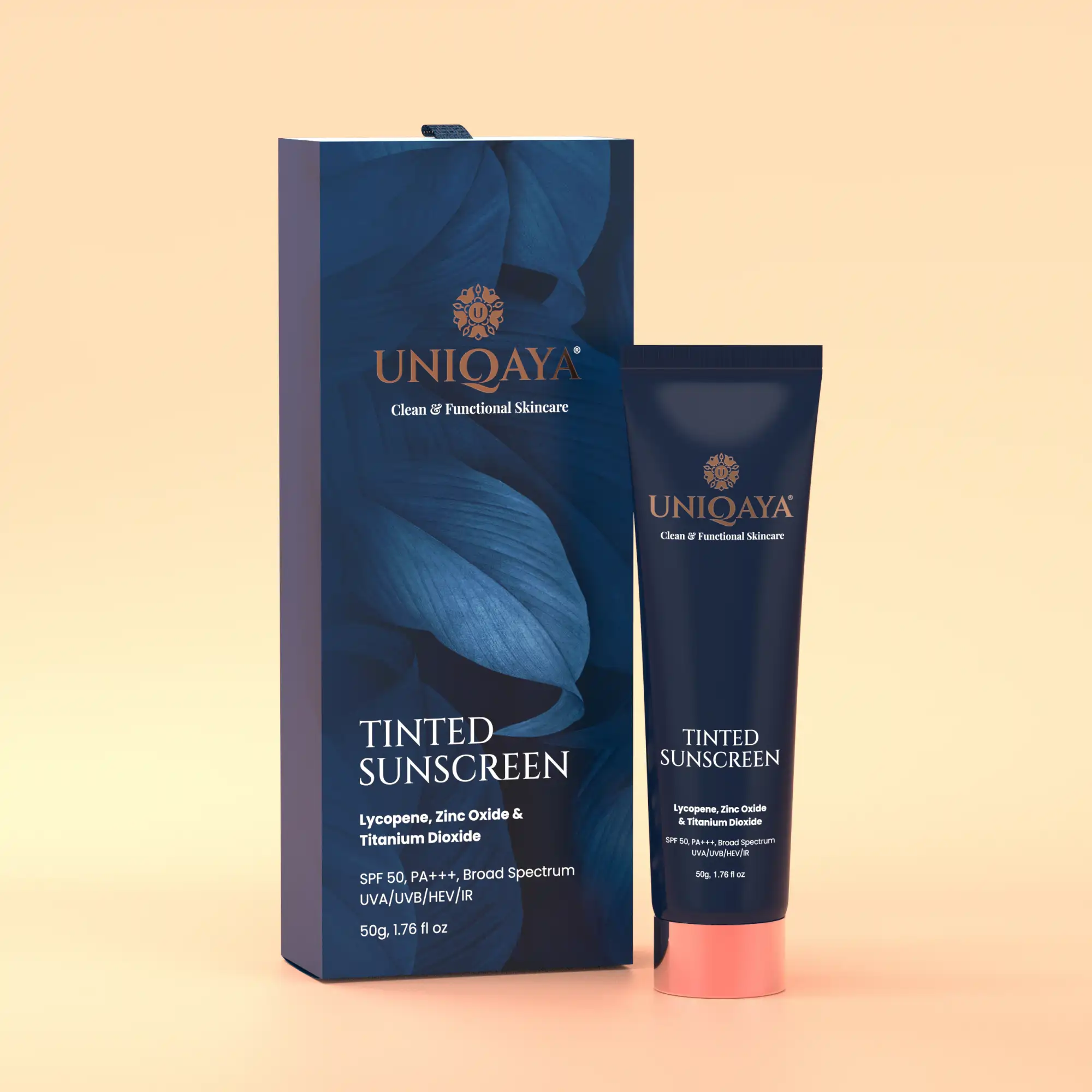
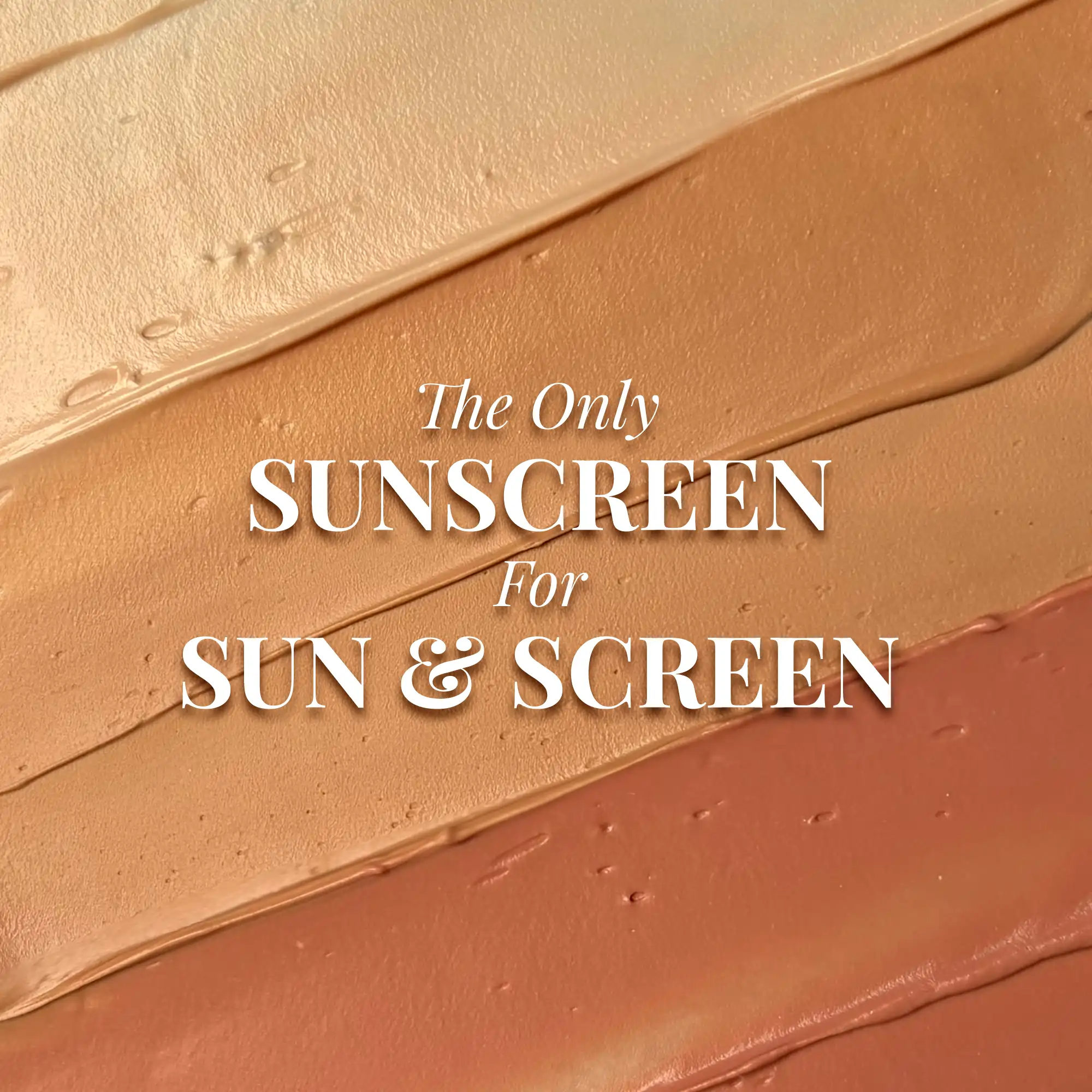
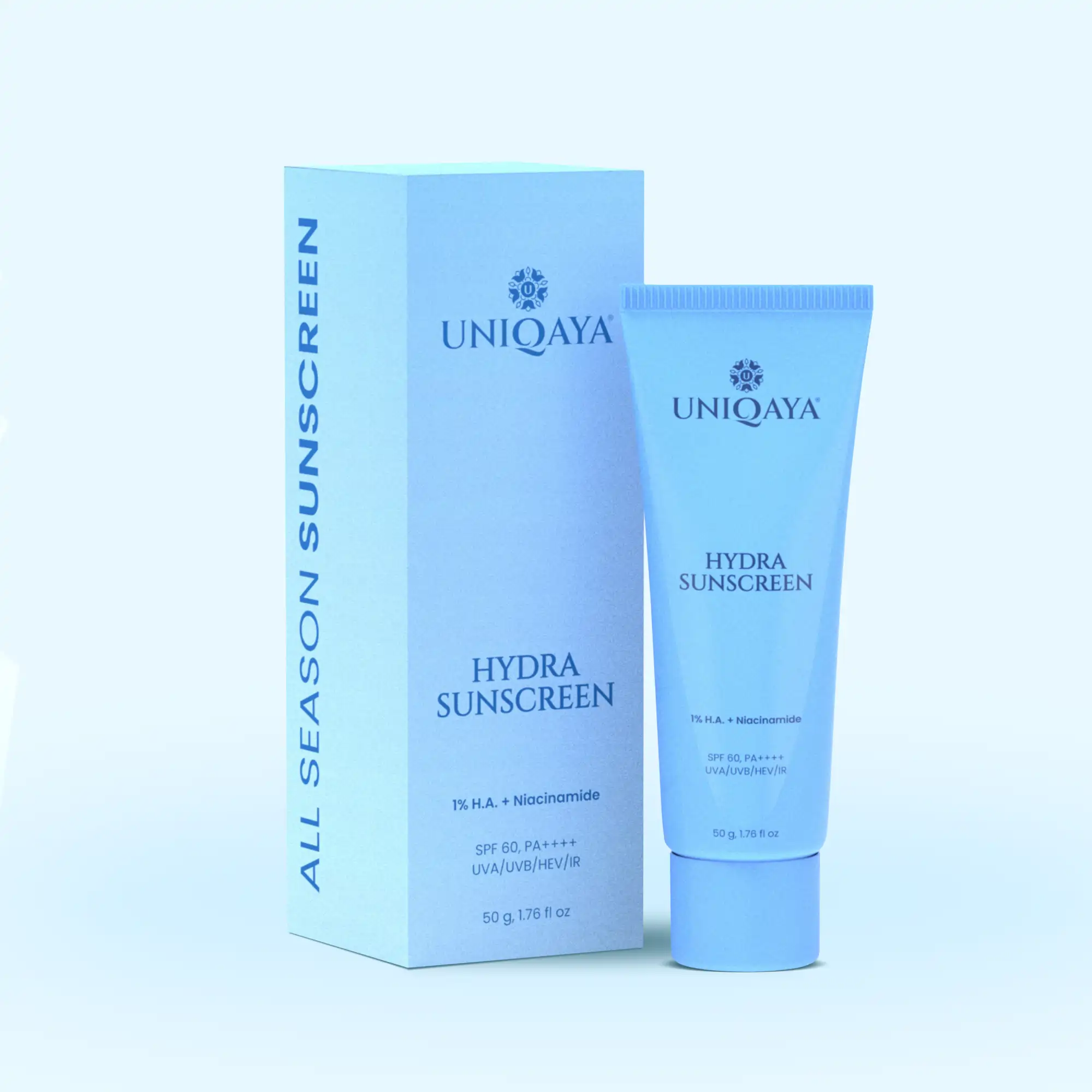
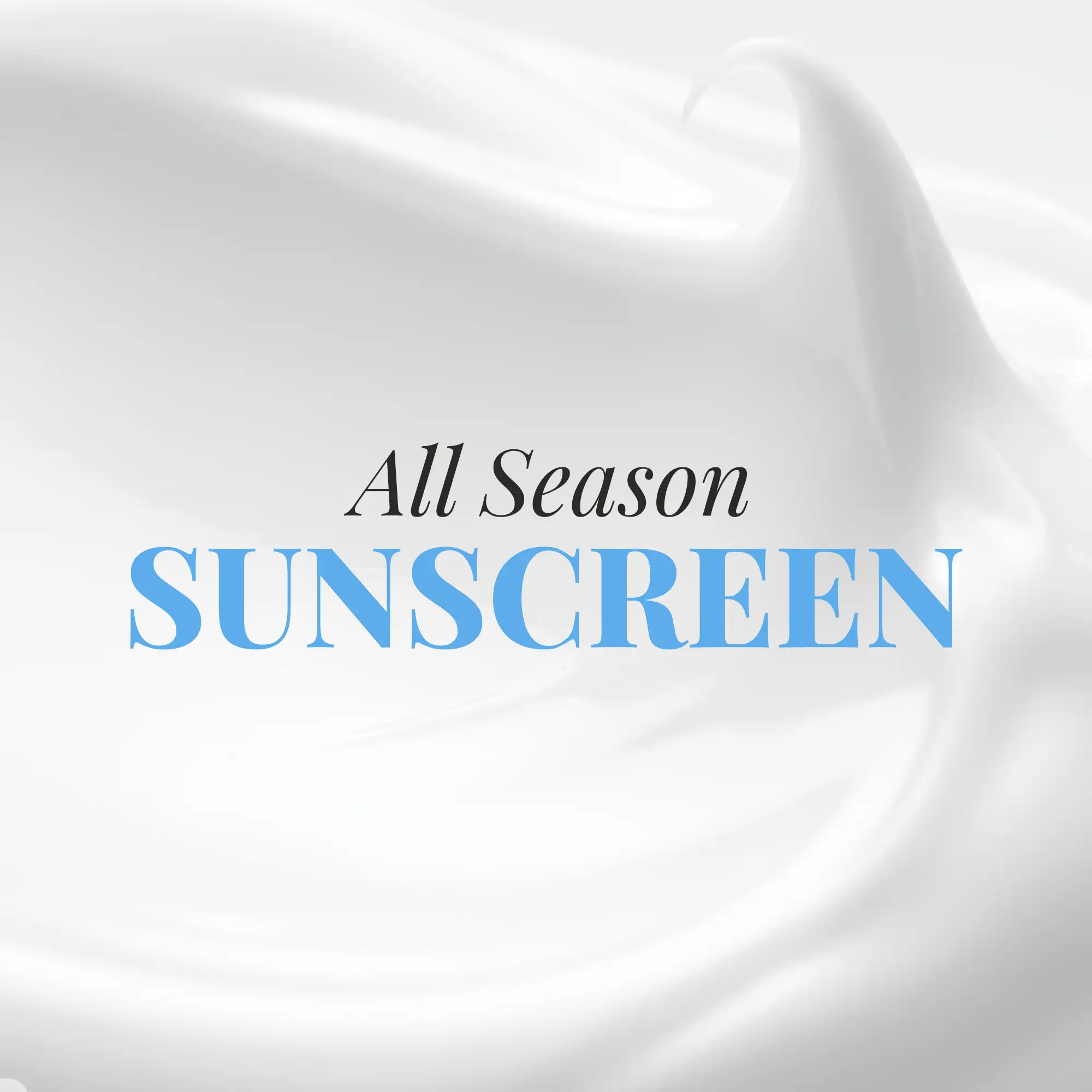
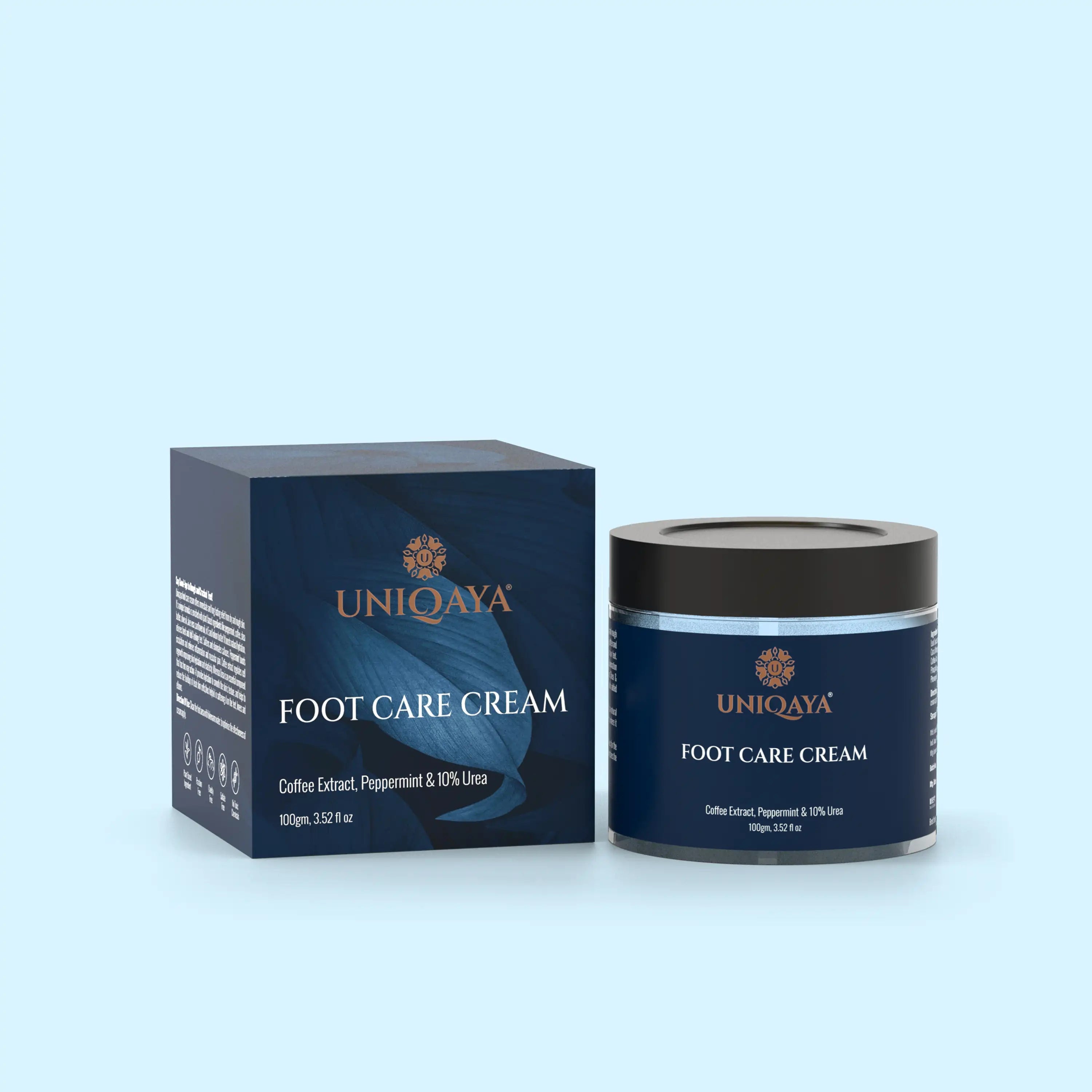
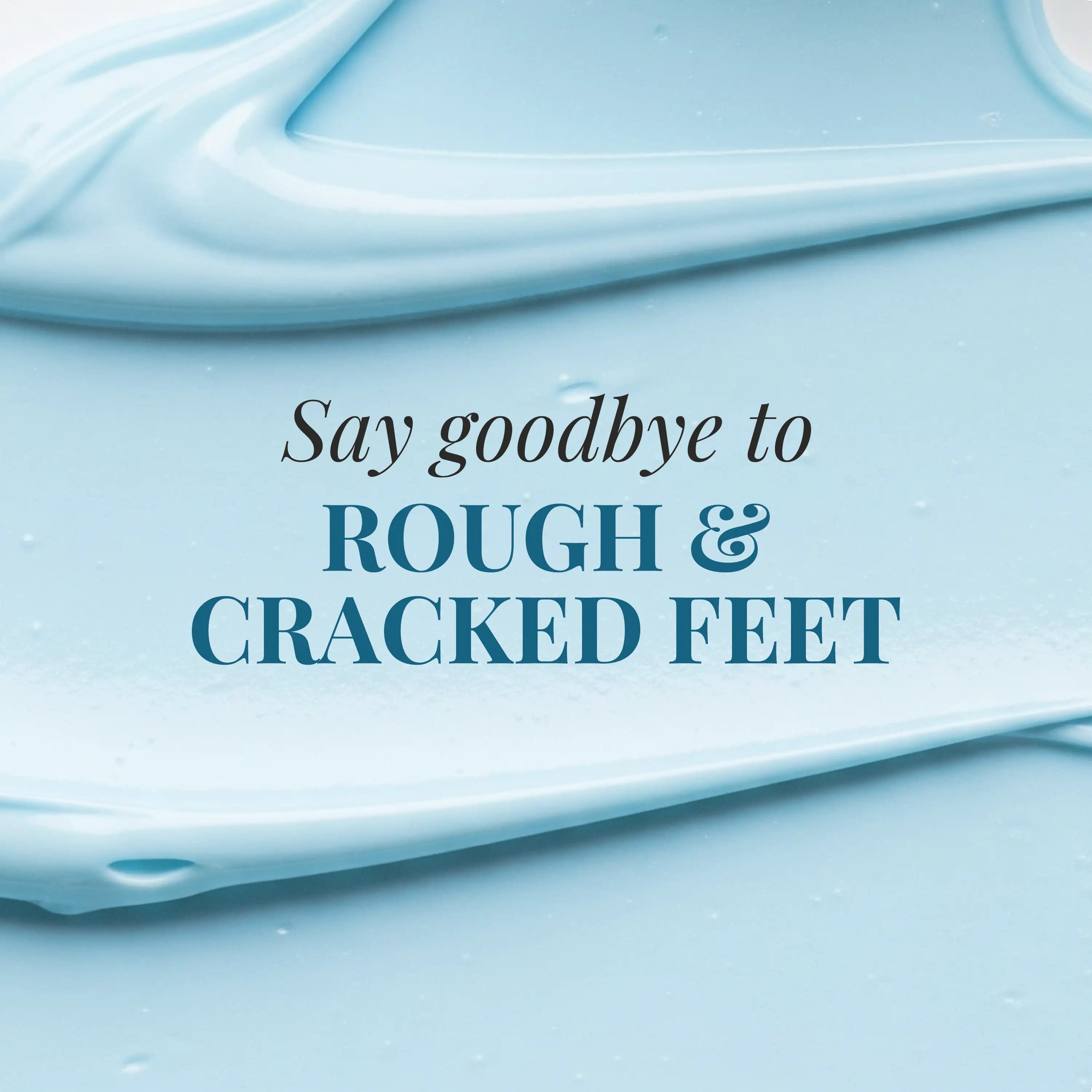
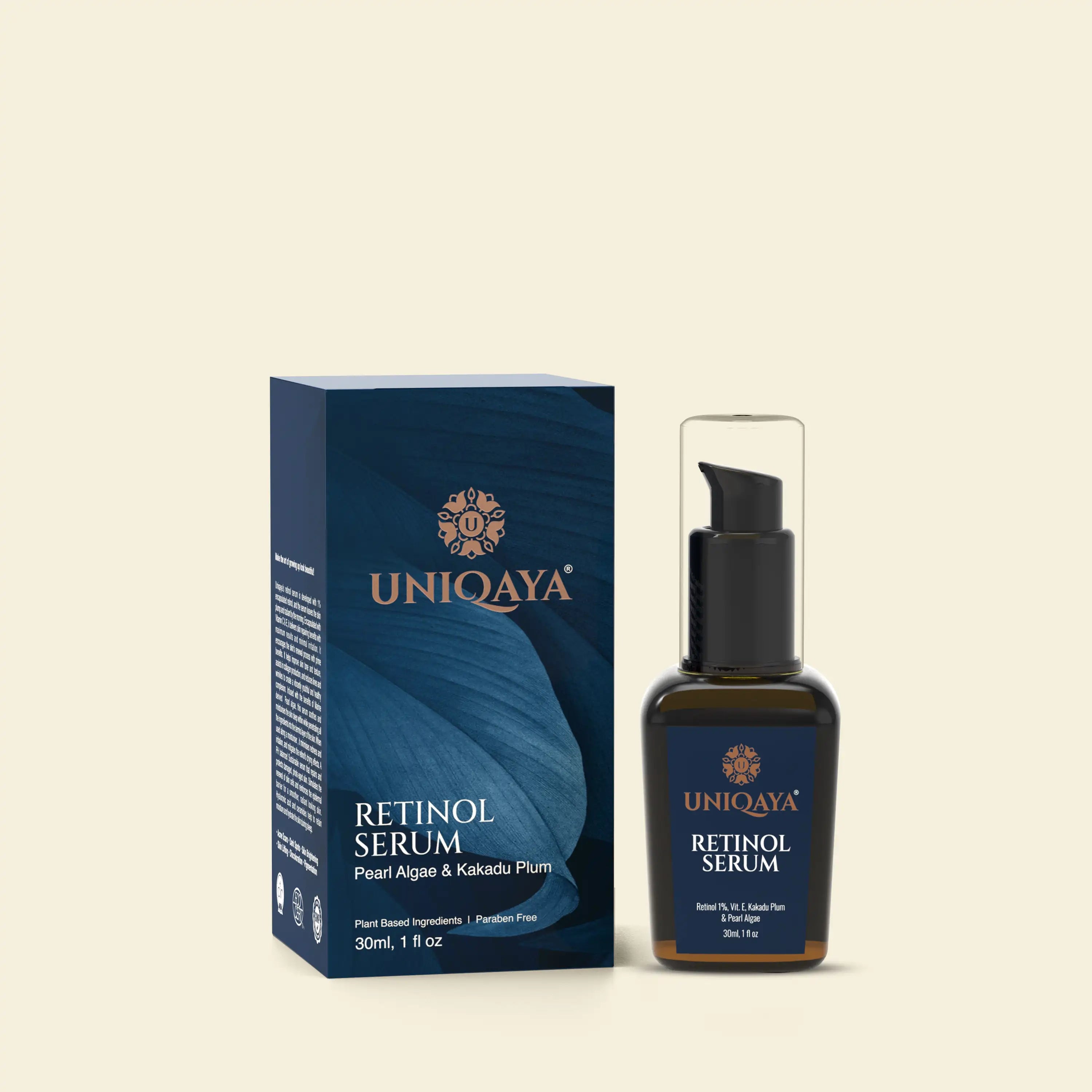
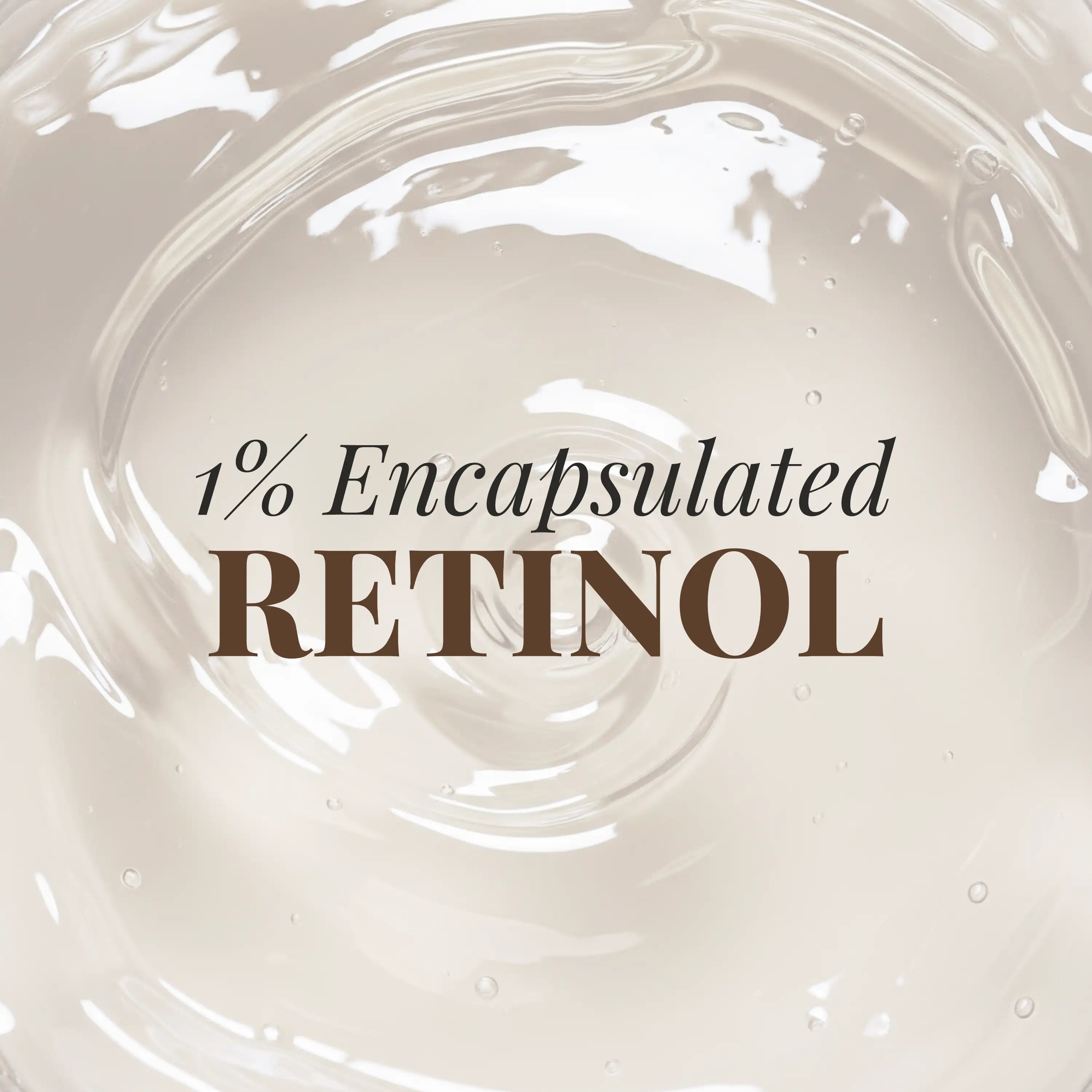
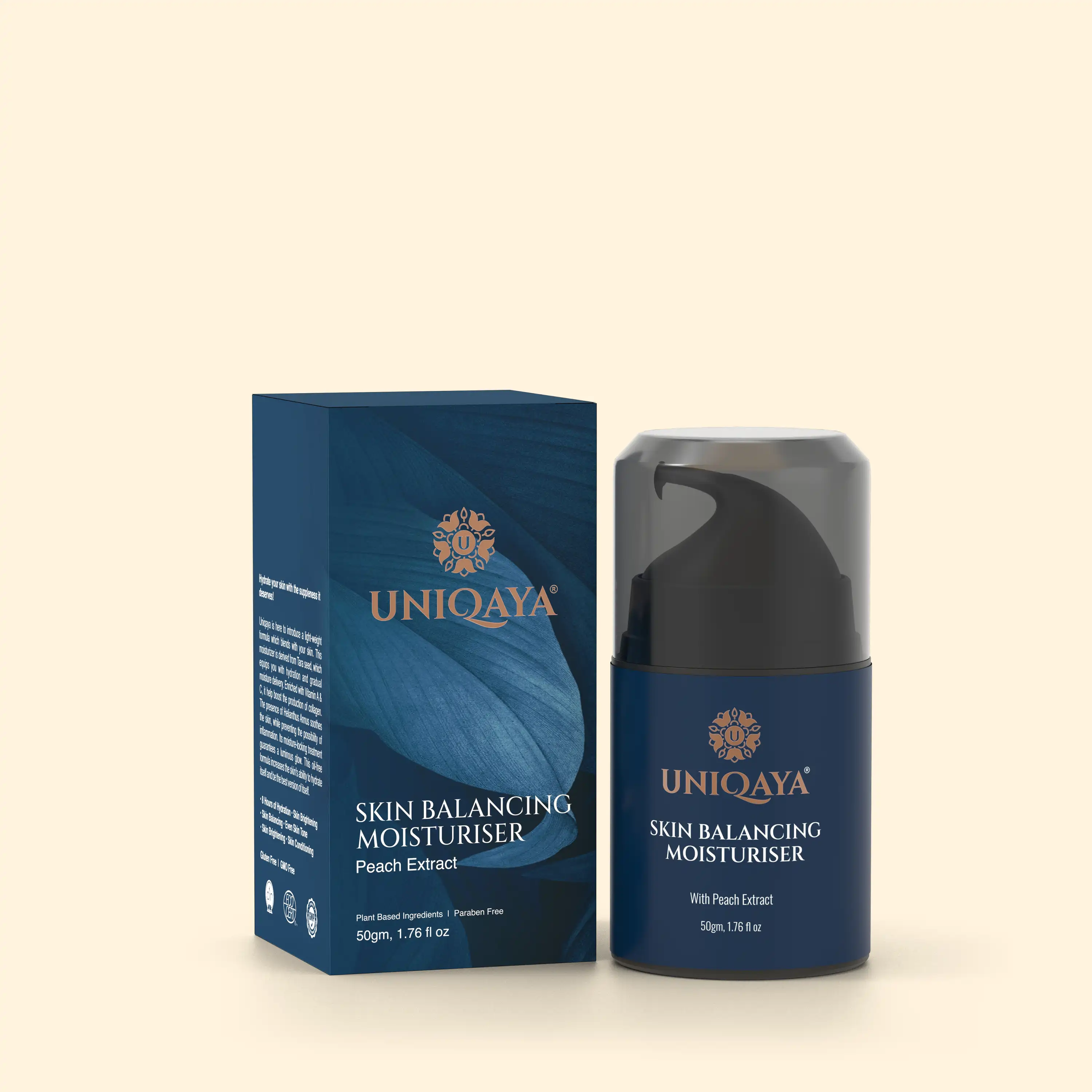
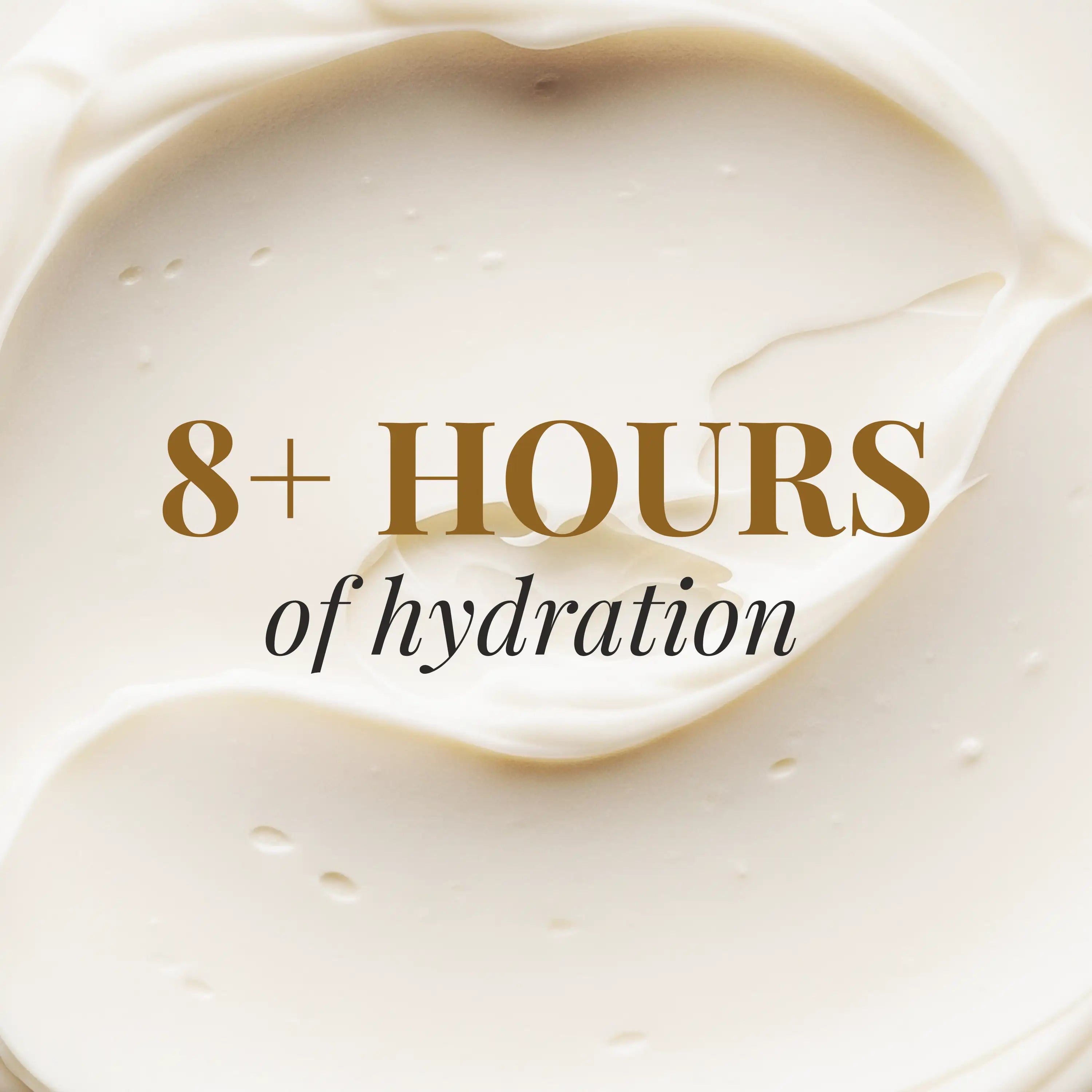
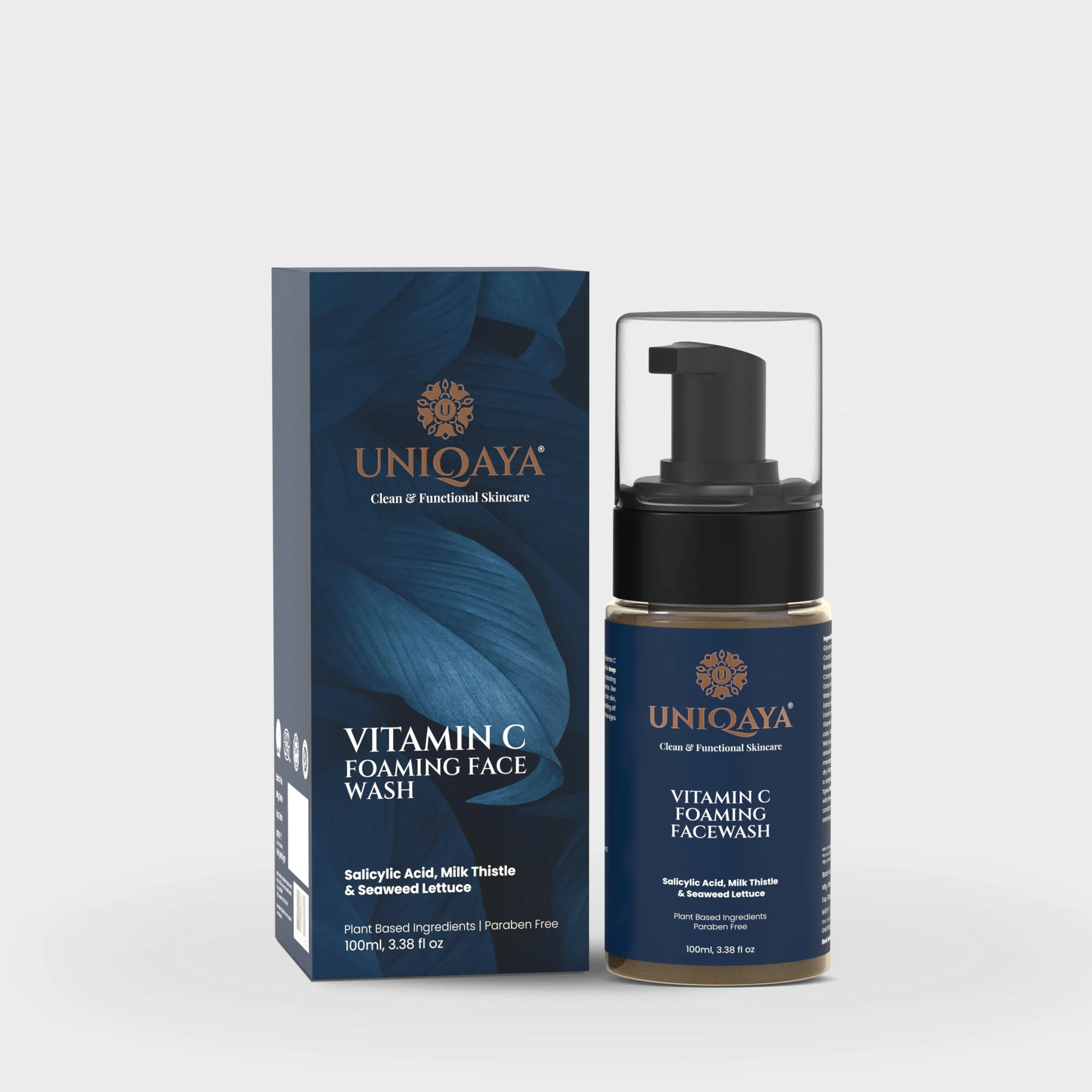
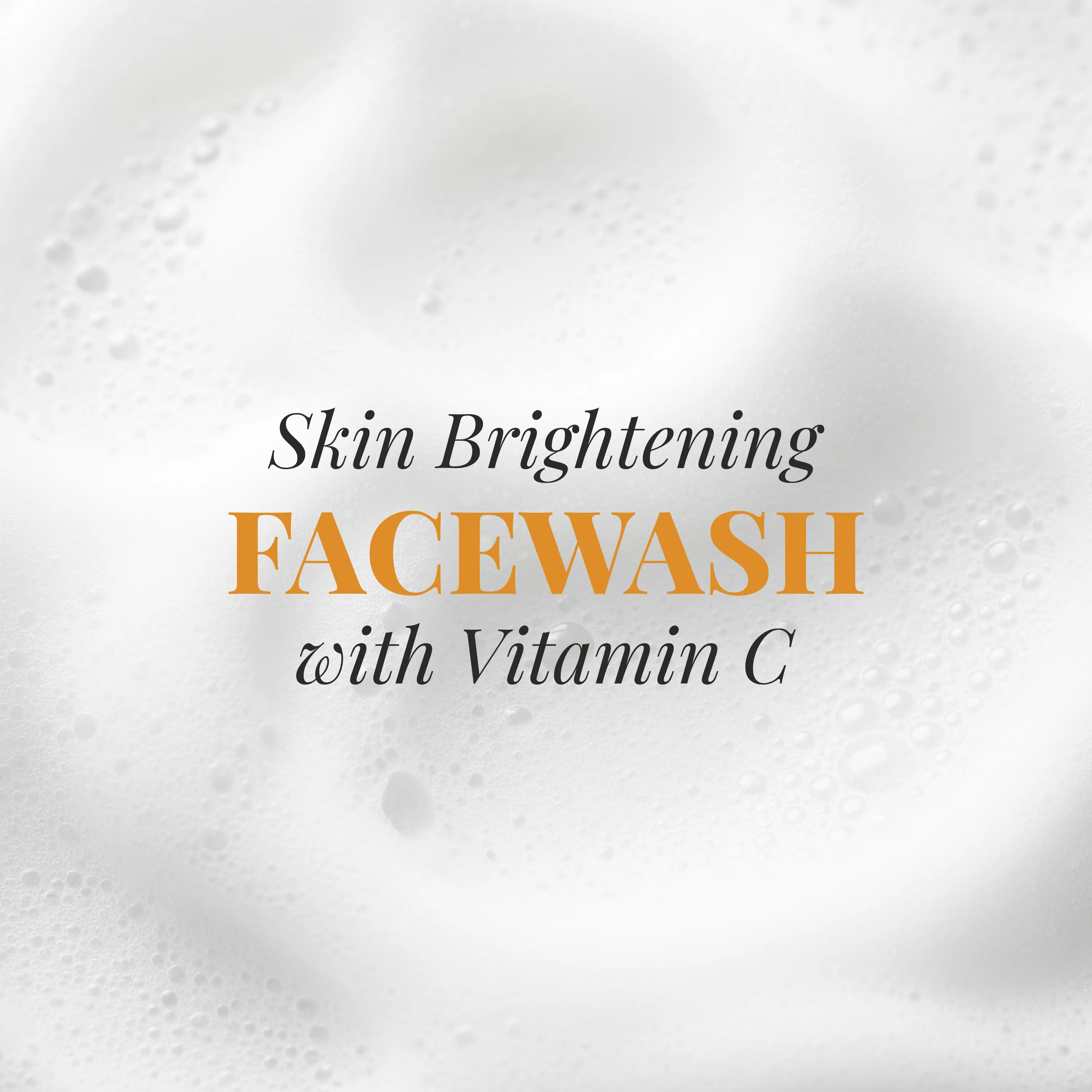
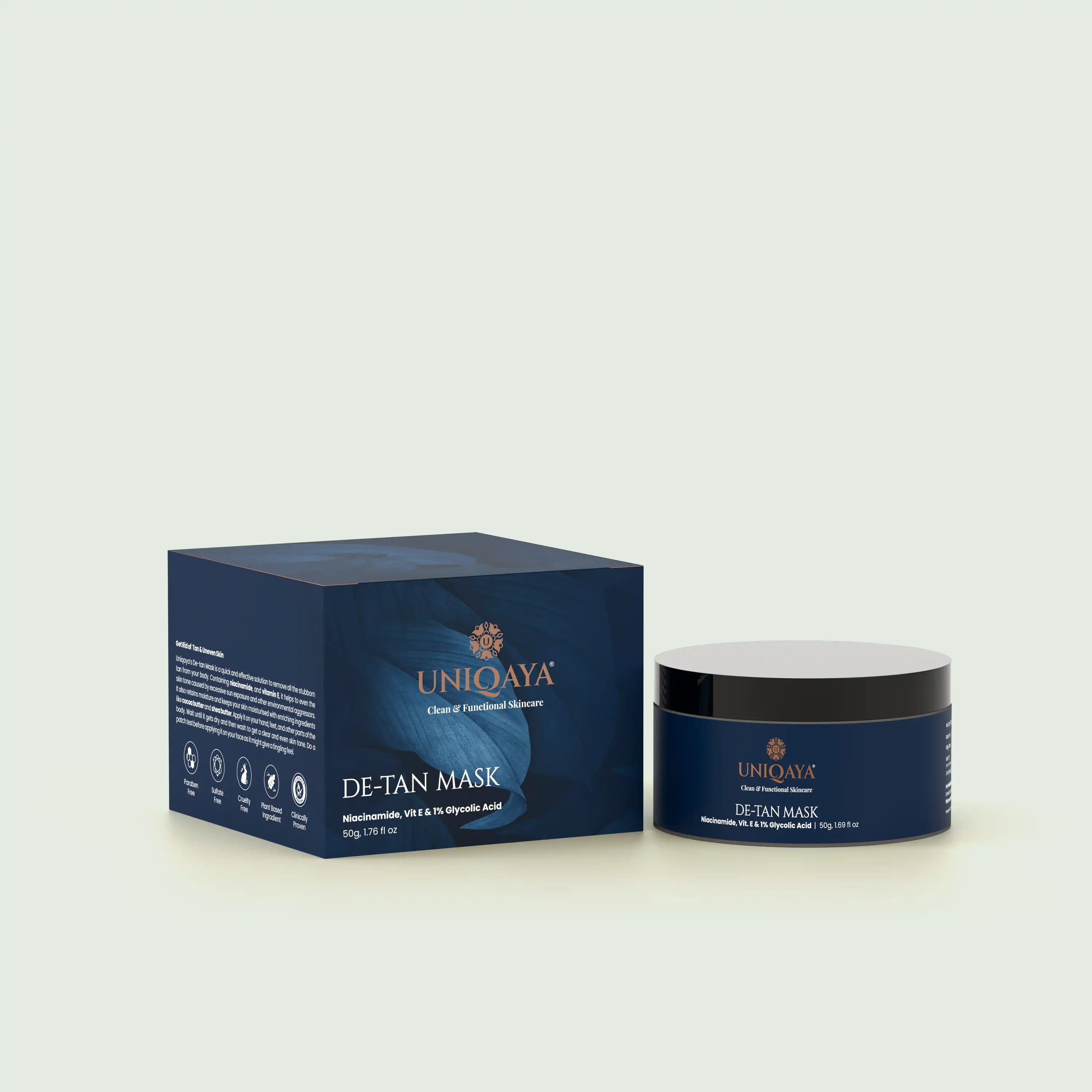
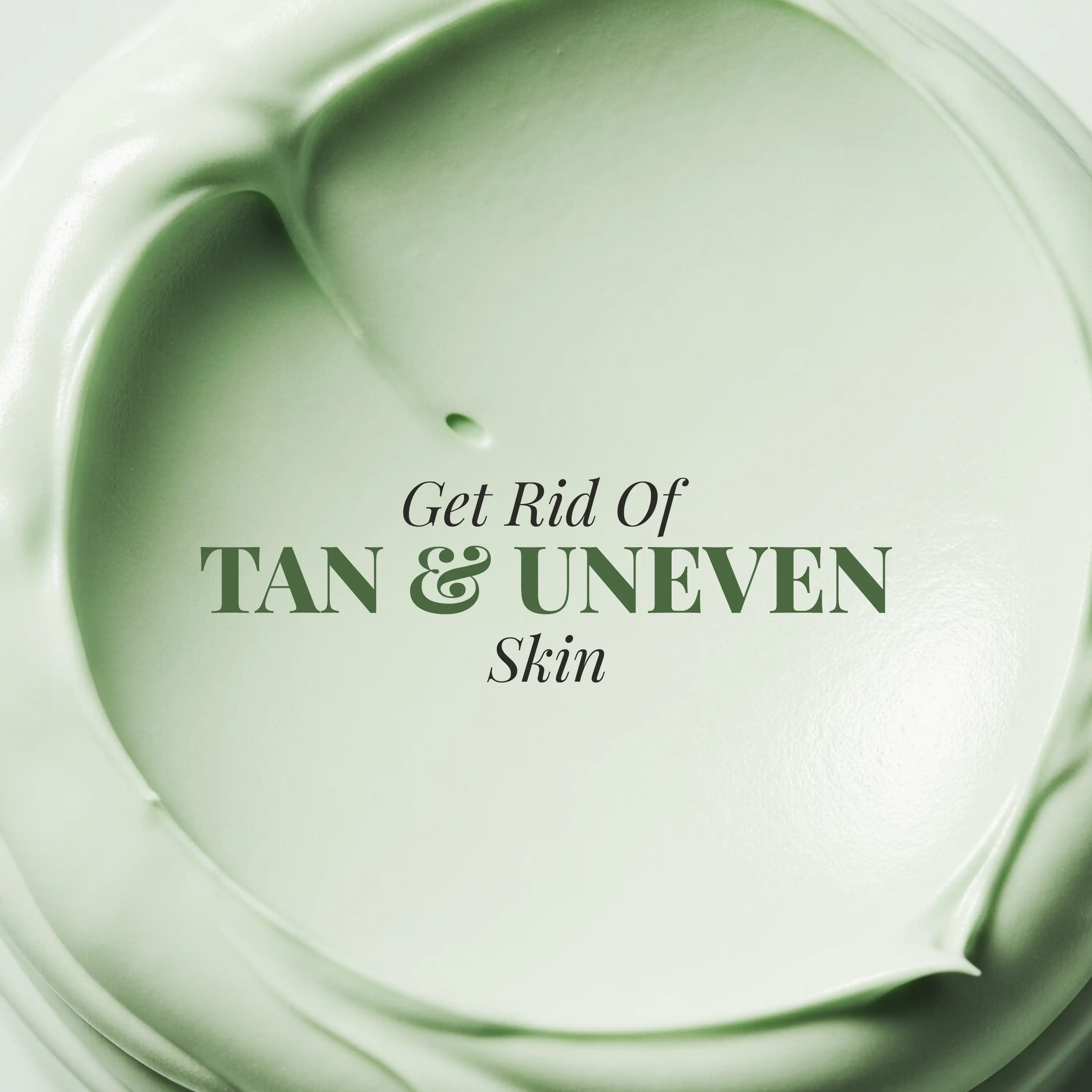
Leave a comment